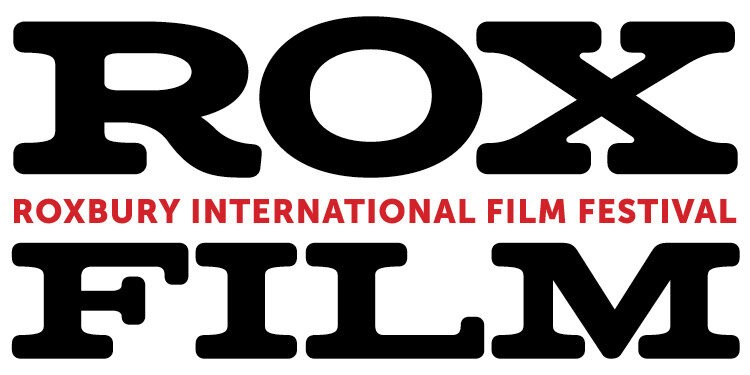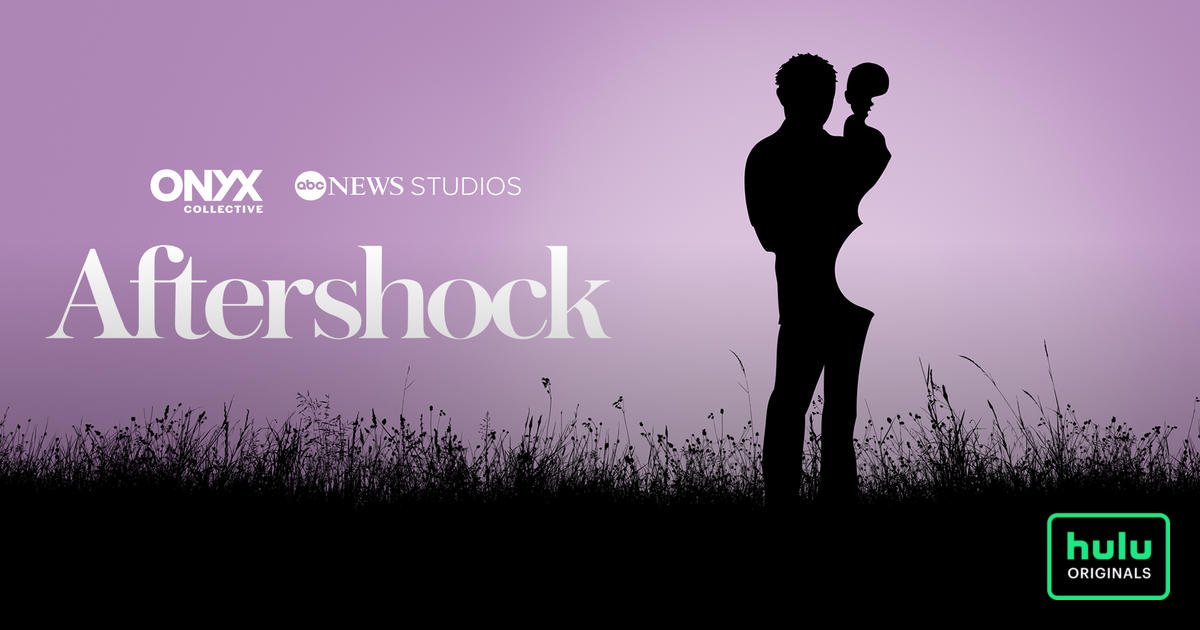Aftershock
Directed by Paula Eiselt and Tonya Lewis Lee
Sundance Film Festival: U.S. Documentary Special Jury Award: Impact for Change.
In October 2019, 30-year-old Shamony Gibson tragically died 13 days following the birth of her son. Two months later, we began filming Shamony's surviving mother, Shawnee Benton Gibson, and bereaved partner, Omari Maynard, as they began to process what happened and figure out their new normal.
In April 2020, 26-year-old Amber Rose Isaac, died due to an emergency c-section. Within weeks of Amber's death, Omari reaches out to Amber's surviving partner Bruce McIntyre and a lifelong bond is formed. Together, Omari and Bruce begin the fight for justice for their partners with their families and community by their side, while caring for their children as newly single parents.
Through the film, we witness these two families become ardent activists in the maternal health space, seeking justice through legislation, medical accountability, community, and the power of art. Their work introduces us to a myriad of people including a growing brotherhood of surviving Black fathers, along with the work of midwives and physicians on the ground fighting for institutional reform. Through their collective journeys, we find ourselves on the front lines of the growing birth justice movement that is demanding systemic change within our medical system and government.
Followed by a discussion on Aftershock and black maternal health with co-director Tonya Lewis Lee, J. Jolly, PhD., Sen. Liz Miranda, N. Amutah-Onukagh, N. Baril, MPH, and Y. Gomez-Carrion, MD.
Presented with The Wellness Collaborative, Inc. as part of the Healing Arts Film Series.
The Healing Arts Film and Conversation Series, launched in 2021, is a collaboration between The Wellness Collaborative Inc (TWC) and the Roxbury International Film Festival using film as a catalyst for conversations integrating physical and mental health in BIPOC communities. TWC’s interdisciplinary approach embraces the power of story and film as a central way to raise awareness and uphold the expressive arts as a pathway for increasing wellness that is rooted in cultural experiences, explored through an equity lens, and celebrated across our communities.


